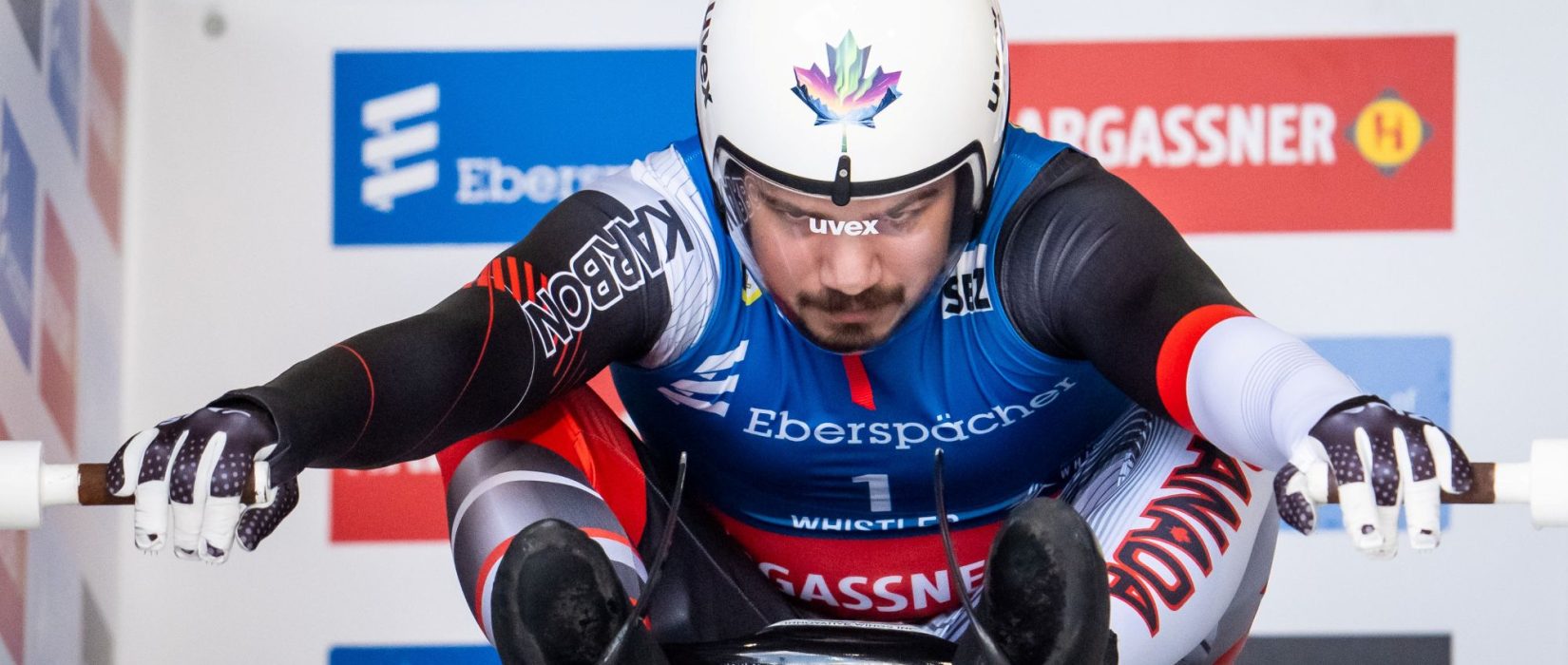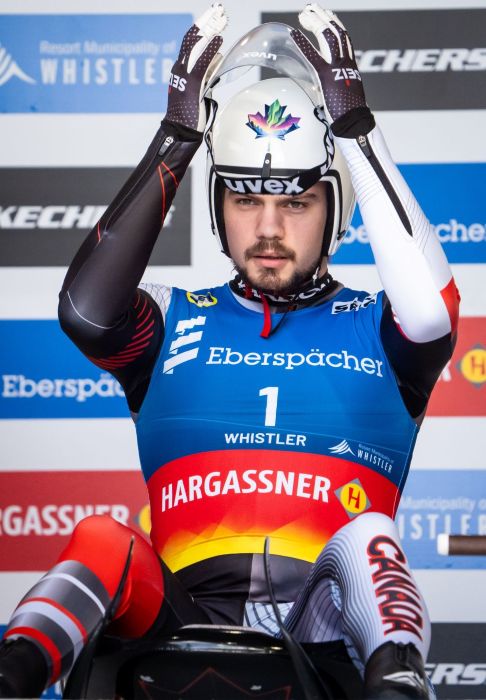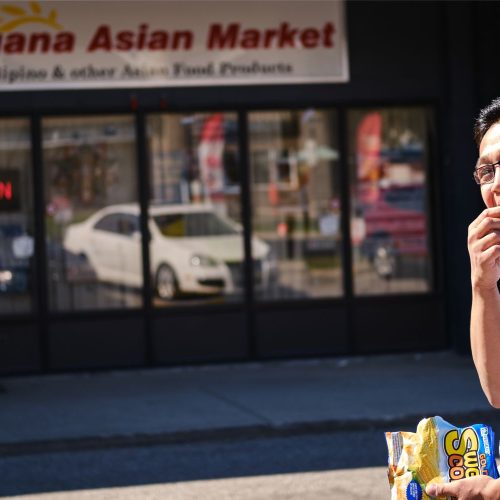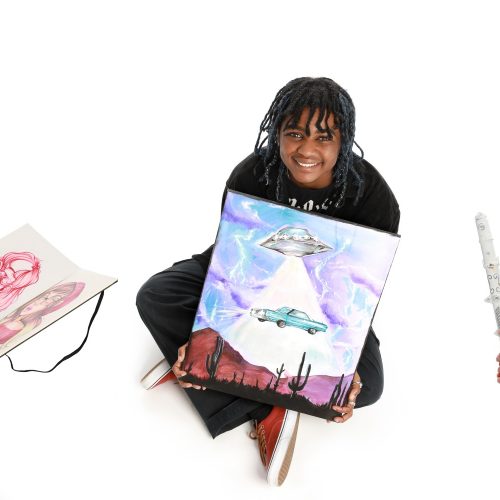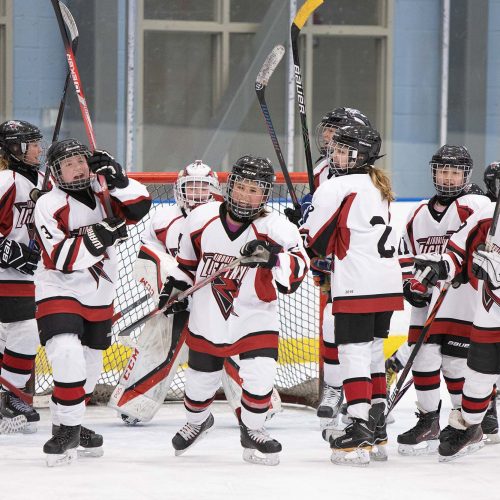If you haven’t heard of Airdrie’s Theo Downey yet, you will. He’s rocketing onto the world stage in the sport of luge.
“I have never been more satisfied in my life than when I’m doing luge. It truly is a part of me,” he says of this high-speed winter sport where participants race down an ice track, lying face-up and feet first, on a small sled at teeth-rattling speeds of more than 140 km/h.
A George MacDougall High School graduate, Downey was born in Edmonton, but has lived most of his 19 years in Airdrie. He enjoys playing piano and rock climbing and is qualifying as a lifeguard this spring, but luge is his first love.
It began when he was nine.
“I was taking freestyle ski training at Markin MacPhail Centre in Calgary and saw a sign that said, ‘Future Luge Olympians Wanted.’”
Downey says he asked his mother if he could try it, and she said, “Go for it. You’re already doing tricks off a giant ramp for freestyle; it can’t get any more dangerous than that.”
Downey continued in both sports until he was 12 and then decided to focus full time on luge. This led to his joining a development team and then, in 2020, at the age of 13, he made the Canadian Junior National Team.
Since then, his upward trajectory has been almost as blistering as the speeds he achieves going down the track. His first international race was for the World Junior Championships in Winterberg, Germany, in 2022. His team came in fifth, and he snagged third overall in sliders in the North American category.
“I thought, ‘I can do this, I can go places with this,’” says Downey.
He has since medalled in multiple competitions in team and individual categories, with the 2024/2025 season being his best overall. The Canadian team claimed bronze in Whistler in early 2025 at the Luge World Championships. It was Canada’s fifth-ever win in the team relay.
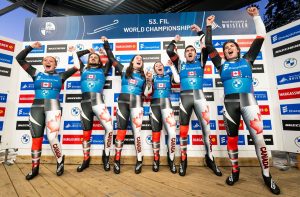
“That was thrilling,” Downey says. “It was on our home track.”
Downey also took a silver and a bronze medal in double World Cup races in La Plagne, France, in February. He was ecstatic about the medals, but gold was just out of reach.
“I’ll always be hungry for the gold,” he says.
Downey says he’s honoured to be a part of the National team, where the overall points from individual races determine team standings, but he also loves individual technical races.
“With a team, there’s a lot of pressure to do well so you don’t let them down,” he says. “When it’s just you and the track, the only pressure is on yourself.”
Downey trains in Calgary and Whistler, commuting between the two cities in between jetting off to international races.
“Whistler is the fastest track in the world,” he explains. “Having it as my home track means that other tracks don’t scare me or put me on edge.”
Downey says he has reached 144.45 km/h at the Whistler Sliding Centre.
“You’re going that speed several times a day. You get used to it,” he says. “It’s not that time slows down; it’s like your brain is speeding up. You’re thinking without having to think. Your body just acts in sync.”
In March, he took the Canadian Championship in men’s senior and junior racing in Whistler, clocking a time of 1:42.893 to take his first career senior national title.
Now, Downey’s sights are on the 2026 Winter Olympics in Italy.
Though luge was introduced as an Olympic sport in 1964, Canada only had qualifying lugers for the 2002 Salt Lake City Olympics, when two fellow Albertans and brothers, Chris and Mike Moffat, finished 12th in doubles mixed.
“When I first started this, I was like every kid, ‘Oh, yeah, I’m going to go to the Olympics,’ but I didn’t really believe it,” says Downey.
As he won more races, though, the idea became less of a fantasy and more of a reality. Many of this year’s races are Olympic qualifiers, so the pressure is on, but Downey is confident.
“I love the sport, and I’m good at it,” he says. “There are not a lot of lugers left [in Canada] right now, and I like my chances. I think I’m good enough to show the world what Canada can do.”
Downey explains that luge is what’s called a late-development sport, meaning athletes come into peak performance when they are in their 30s.
Canada is building its next generation of luge athletes, and it’s exciting to be a part of that,” he says.
For Downey, this means he has years of training and racing ahead of him.
“I’m thinking more about the 2030 Olympics, and probably more so 2034, and just knowing that, if I keep my nose to the grindstone, I can get something done here,” he says.


